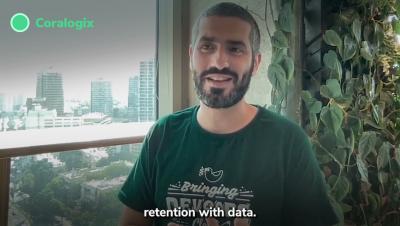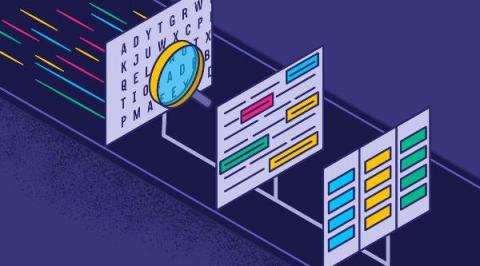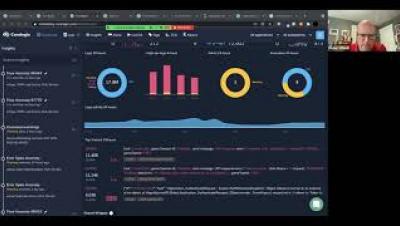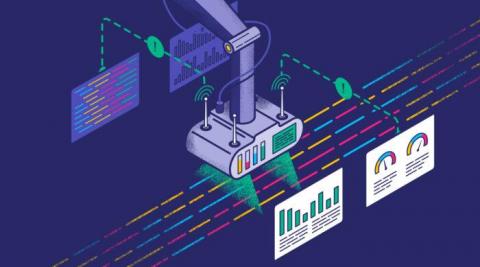Elasticsearch Release: Roundup of Changes in 7.13.3
Elastic made their latest minor Elasticsearch release on May 25, 2021. Elasticsearch Version 7.13 contains the rollout of several features that were only in preview in earlier versions. There are also enhancements to existing features, critical bug fixes, and some breaking changes of note. Three more patches have been released on the minor version, and more are expected before releasing the next minor version.











